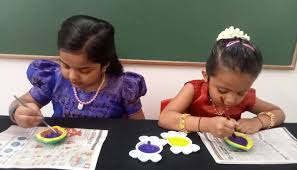
Art & Craft
Art and craft activities allow children to express themselves creatively while developing fine motor skills. By experimenting with materials like paper, clay, and paint, they explore shapes, colors, and textures. Art and craft time encourages imagination, patience, and a sense of accomplishment, laying a foundation for creative problem-solving and visual learning.
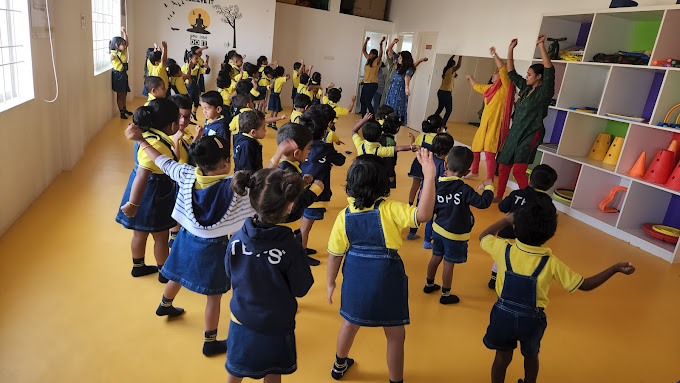
Dance & Music
Dance and music sessions introduce rhythm, movement, and sound in an engaging way that encourages self-expression and body coordination. From simple dance routines to exploring different instruments, these sessions enhance gross motor skills, auditory processing, and cultural appreciation. Dance and music foster a love for performing arts, build confidence, and stimulate the mind and body.
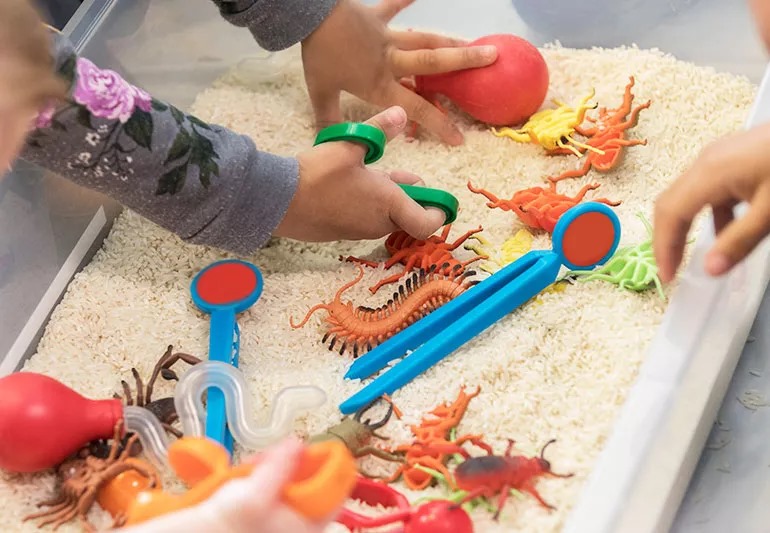
Sensory Play
Sensory play uses materials like sand, water, rice, and play foam to engage children’s senses, helping them develop cognitive and language skills. Through sensory exploration, children learn about textures, temperatures, and spatial concepts. It’s a hands-on activity that also encourages mindfulness and emotional regulation, providing a foundation for discovery and exploration.
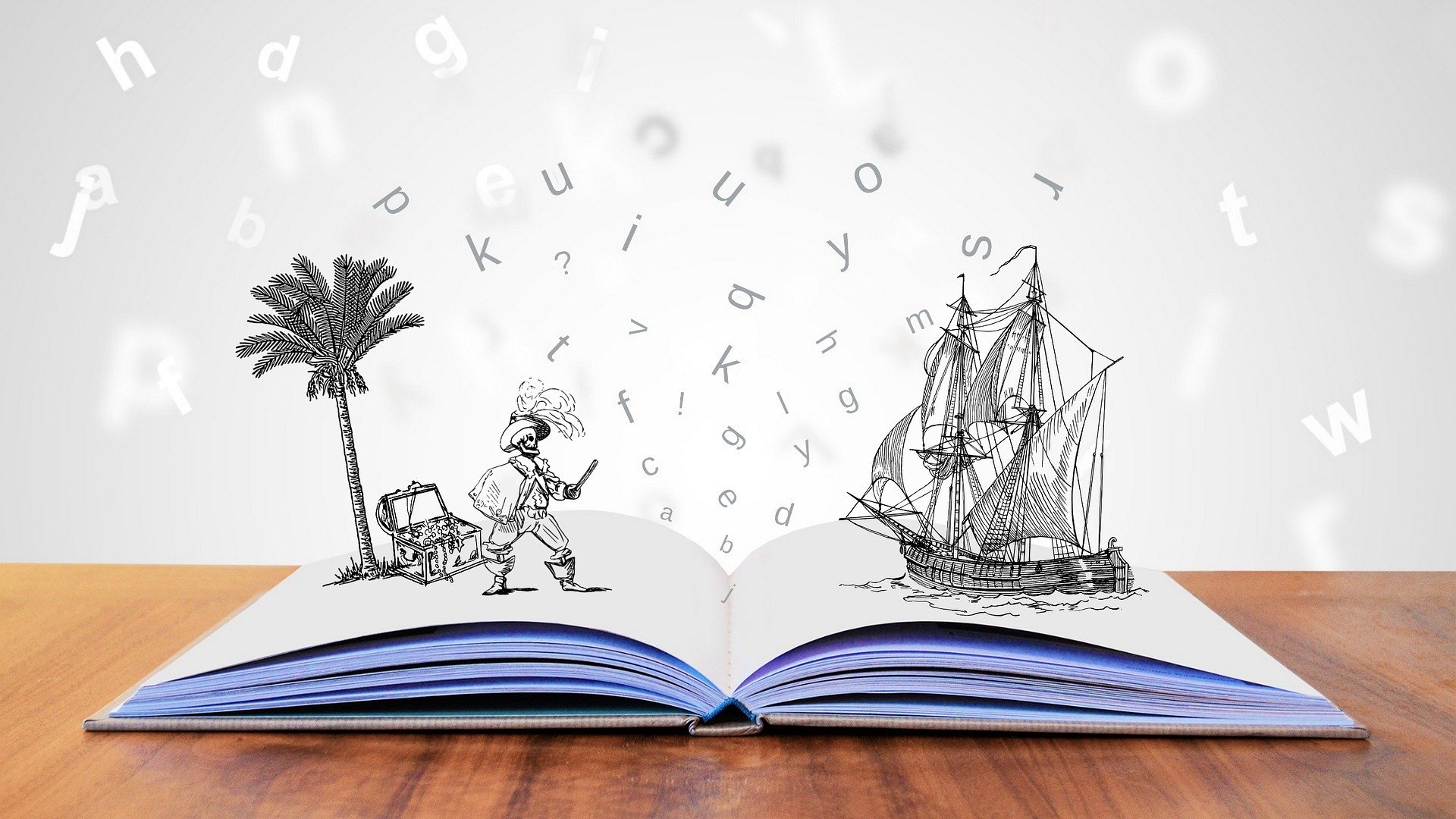
Storytelling
Storytelling ignites imagination, language development, and listening skills. Through engaging tales and interactive story sessions, children learn narrative structure, vocabulary, and empathy by connecting with characters and events. Storytime becomes a cherished activity that fosters a love for reading and introduces values in an engaging way.
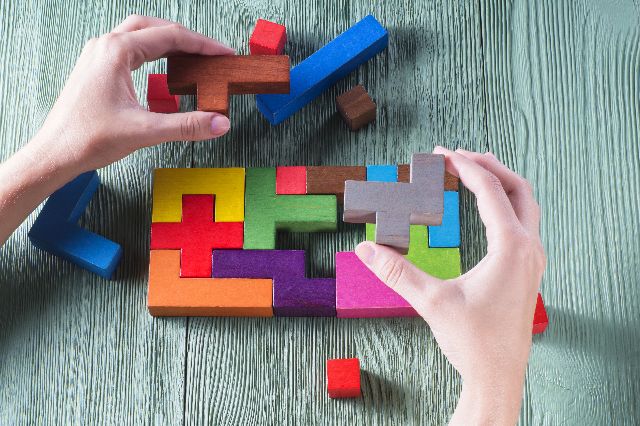
Puzzle and Problem-Solving Games
Puzzles and problem-solving games sharpen cognitive skills like memory, logic, and attention to detail. By working through challenges, children learn persistence and critical thinking. These activities enhance spatial reasoning, promote patience, and encourage collaborative skills, making problem-solving an enjoyable and valuable part of learning.
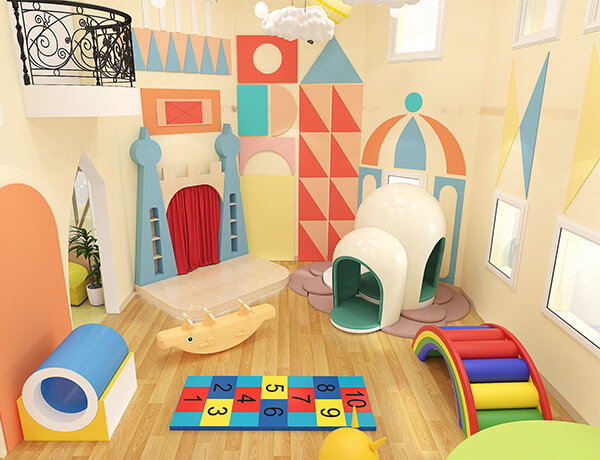
Role-Play and Dramatic Play
Role-play allows children to explore social roles, empathy, and interpersonal skills. By pretending to be teachers, chefs, or doctors, children practice language skills and develop an understanding of different professions. Dramatic play is a fun way to develop self-confidence, cooperation, and storytelling, as children navigate various real-life scenarios in a safe environment.
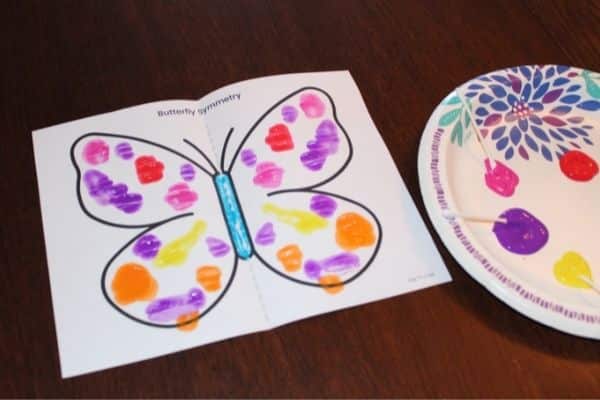
Painting and Symmetry Activities
Painting and symmetry activities help children understand balance, patterns, and visual organization. By folding paper to create mirrored images or painting symmetrical designs, they develop spatial awareness and fine motor skills. These activities also encourage patience and attention to detail, making art both relaxing and intellectually stimulating.
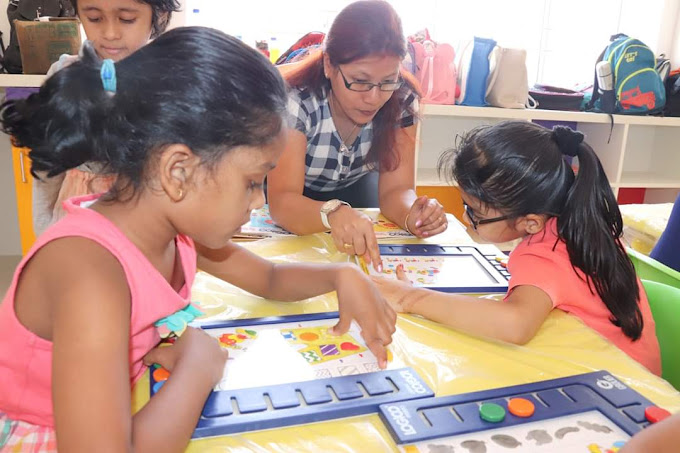
Alphabet and Letter Tracing
Alphabet and letter tracing activities introduce children to writing in a fun, hands-on way. By tracing letters in sand, on paper, or with tactile materials, children become familiar with letter shapes, developing early literacy skills and hand-eye coordination. This activity supports their journey to becoming confident readers and writers.
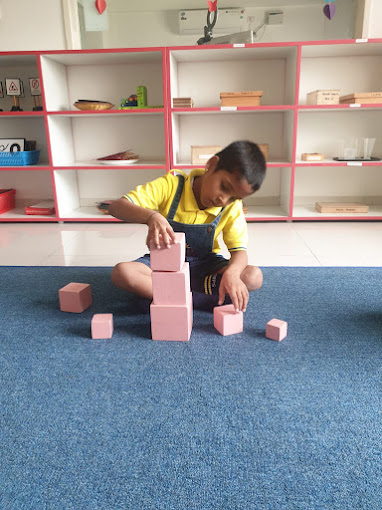
Memory Matching Games
Memory matching games engage children’s recall and concentration abilities, strengthening cognitive skills that are essential for learning. By matching images, letters, or colors, children practice visual memory and attention to detail. These games are a fun way to enhance short-term memory and build a foundation for focus and learning.
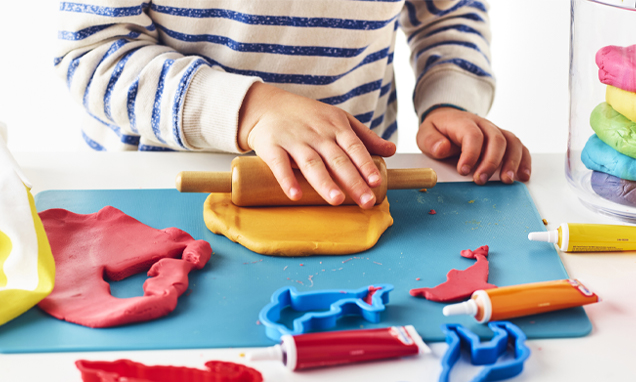
Playdough
Playing with playdough offers a sensory experience that builds fine motor strength and creativity. Children can mold, roll, and shape playdough, improving hand-eye coordination and finger strength. This activity is ideal for promoting relaxation, fostering creativity, and enhancing spatial awareness through a hands-on approach.
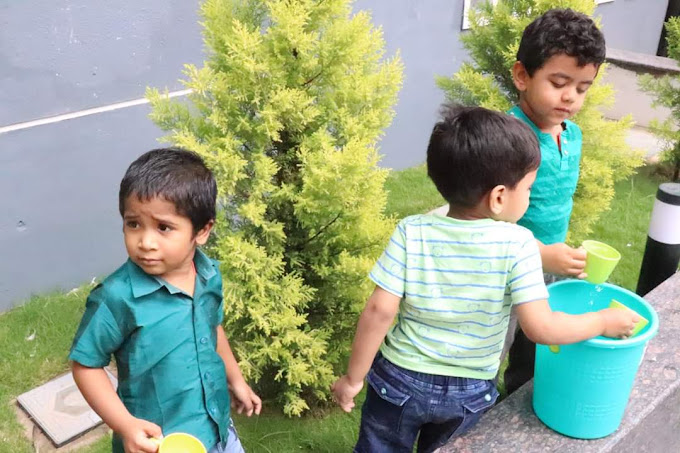
Gardening and Plant Care
Gardening and plant care connect children with nature, teaching responsibility, patience, and environmental awareness. By planting seeds, watering, and observing growth, they learn about the life cycle of plants and develop a sense of wonder for the natural world. Gardening instills a love for nature and fosters curiosity about the environment.
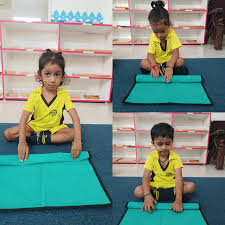
Yoga
Yoga introduces children to mindfulness, balance, and body awareness. Through simple poses, children learn coordination, flexibility, and self-regulation. Yoga fosters a calm mind, improves focus, and teaches valuable relaxation techniques, promoting overall wellness and emotional resilience from a young age.
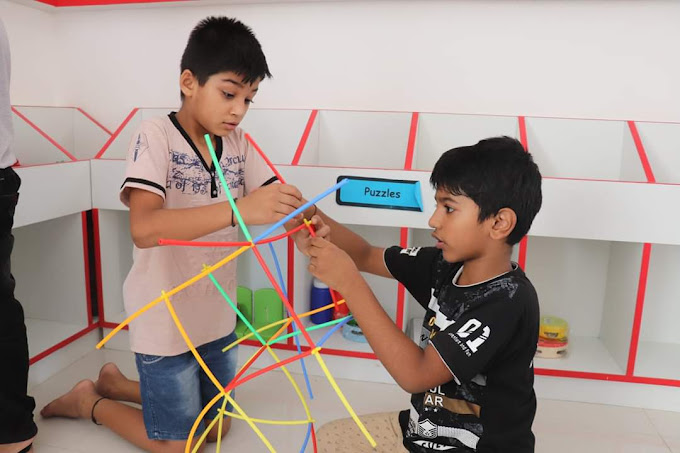
Shape and Number Hunts
Shape and number hunts turn learning into an adventure as children search for shapes or numbers in their surroundings. This interactive activity enhances observational skills and early math skills while introducing concepts of geometry and counting. It encourages curiosity and physical activity in a fun and educational way.
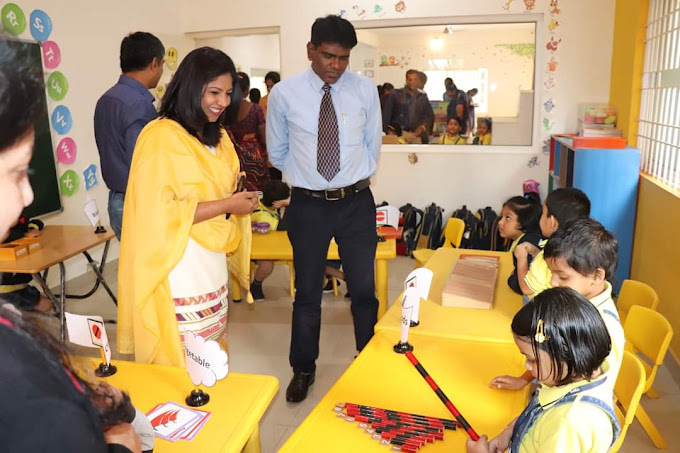
Nature Art with Leaves and Flowers
Nature art uses leaves, flowers, and other natural materials to create unique art projects. Children explore colors, shapes, and textures, gaining a better understanding of the natural world. This activity encourages creativity, patience, and an appreciation for the beauty found in nature, all while enhancing fine motor skills and aesthetic sense.